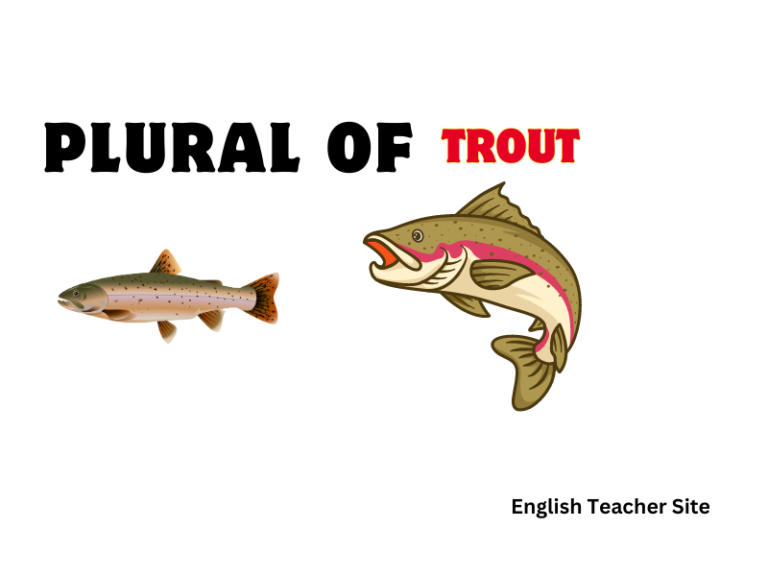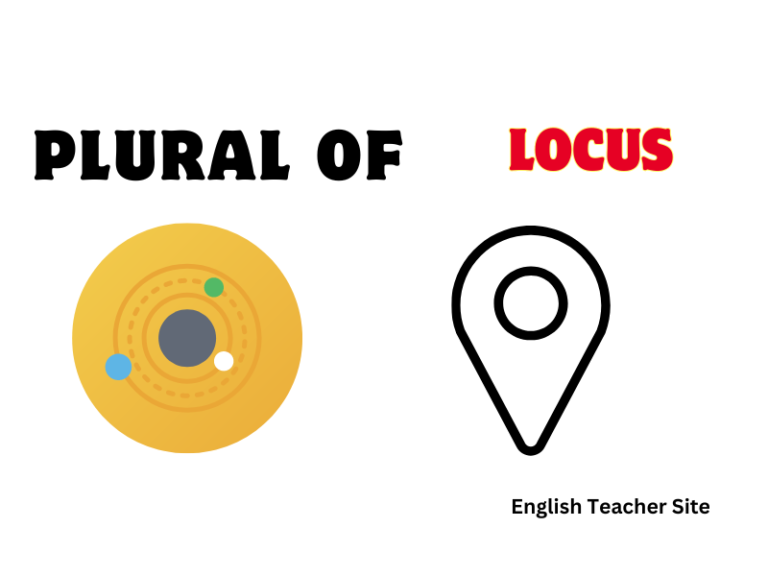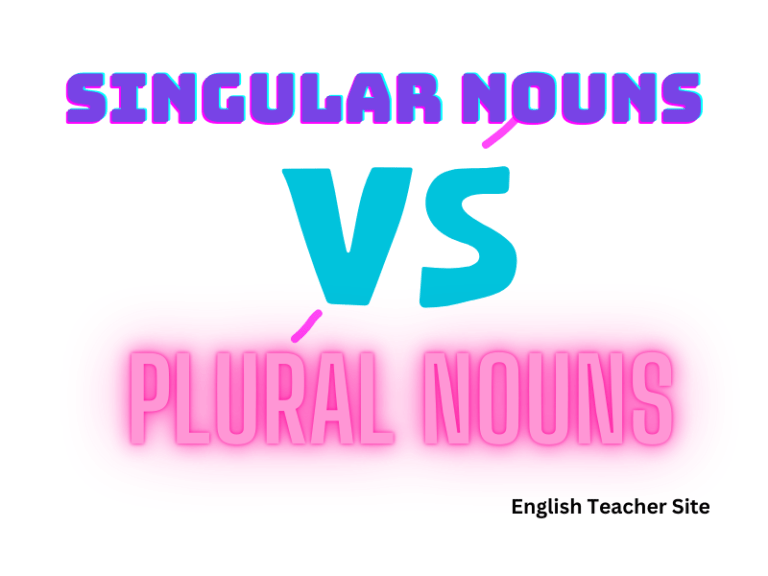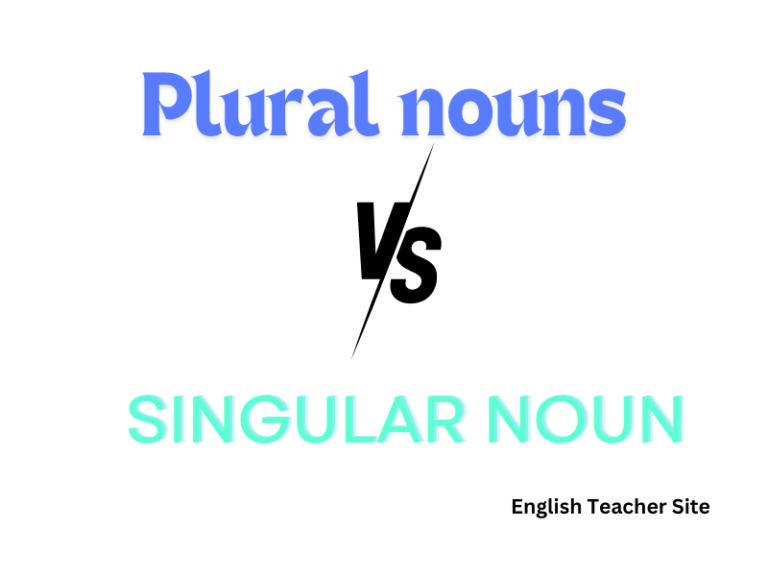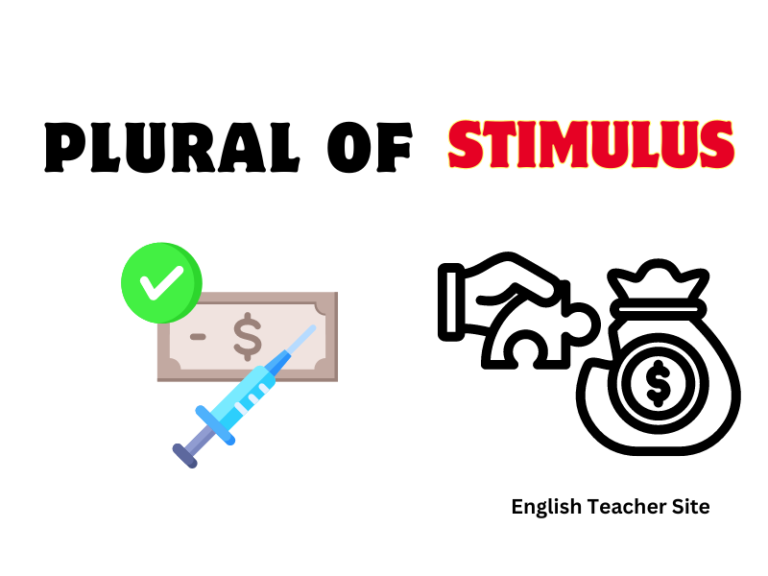When to Use Effect vs Affect: Understanding the Difference
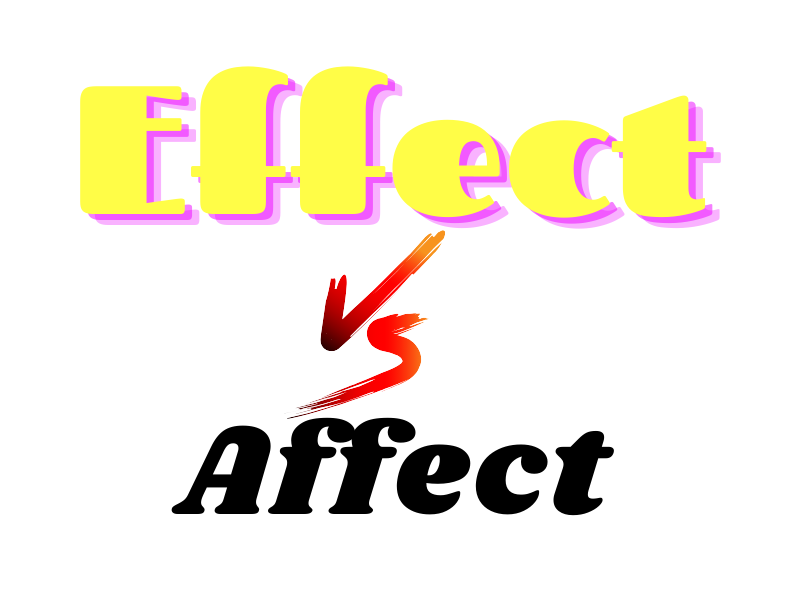
- “Affect” is primarily used as a verb to describe influence or change.
- “Effect” is mainly a noun denoting a result or outcome of an action.
- Correct usage of “affect” and “effect” reflects mastery of English grammar.
In most instances, “affect” refers to the action of influencing something. If you’re describing the influence of one entity on another, “affect” is the word to employ. For example, saying “The weather affects my mood” suggests that the weather has an influence on one’s emotional state. On the other hand, “effect” as a noun represents the outcome or result of an action. If one is to speak of a change that has occurred due to a particular cause, “effect” is the appropriate choice, such as in “The medication had a positive effect on the patient’s health.”
“Effect” and “Affect”: What’s the Difference?
Effect is typically employed as a noun, indicating the result or outcome of an action. For example:
- The effects of the new policy are visible across the department.
On occasion, “effect” can also be used as a verb, meaning to cause something to happen. Although less common, it is accurate to say:
- The manager will effect changes in the process.
Conversely, affect is commonly used as a verb. It implies to impact or influence something or someone. For instance:
- The weather can greatly affect one’s mood.
There are rare instances whereby “affect” serves as a noun, particularly in the field of psychology to describe an emotion, but this usage is less frequent in general discourse.
Verb and Noun Usage:
| Verb | Noun |
|---|---|
| Affect (to influence) | Effect (the result) |
Sentences Comparison:
| Affect in a Sentence | Effect in a Sentence |
|---|---|
| The speech affected the audience deeply. | The speech had a profound effect on the audience. |
In applying these terms:
- Affect as a verb might capture the process or action.
- Effect as a noun encapsulates the aftermath or consequence of that process.
Utilizing the Verb “Affect”: A How-To Guide
Examples of Sentences Demonstrating “Affect”
Often, the verb “affect” can be observed in sentences where an action is influencing a person, group, or object. Here are specific examples:
- The severe weather affects sailing conditions.
- Her decision will affect the outcome of the game.
To reinforce understanding, consider the following table with sentence examples and their explanations:
| Sentence | Explanation |
|---|---|
| The new policy directly affects small businesses. | The policy has a direct influence on the operations of small businesses. |
| Her enthusiasm for the subject affects her students. | Her enthusiasm influences her students’ engagement with the subject. |
Using “Affected” in Context (in Sentences)
Here are sentences using “affected”:
- The economic downturn affected the company’s profits.
- His speech deeply affected those who heard it.
Below is a table containing sentences that use “affected” within different contexts, showcasing the verb’s versatility:
| Contextual Use | Sentence |
|---|---|
| Affected as past tense | The teacher’s feedback affected how she approached her studies. |
| Affected with passive voice | The landscape was greatly affected by the deforestation. |
Exploring the Noun “Effect”
Examples of Sentences Using “Effect” as a Noun
In the English language, “effect” is commonly employed to signify the end product of a particular influence or action. To illustrate this straightfowardly:
- The effect of the new law on traffic congestion was remarkable.
- The film had a powerful emotional effect on its audience.
Examining Exceptions
There are noteworthy exceptions where “effect” operates beyond its usual role as a noun:
- In rarer instances, “effect” can act in a verb form, taking on the meaning to bring about or execute, especially when used in idiomatic expressions.
A simple tabular comparison between the typical noun usage and its exceptional verb form can help illustrate the distinction:
| Noun Usage | Verb Usage |
|---|---|
| The law’s effect. | To effect change in policy. |
| The storm’s brutal effect. | The CEO will effect new rules. |
Illustrating “Effect” in Sentences
Using “effect” accurately is facilitated by seeing it within diverse sentence structures:
- The new medication’s effect was a reduction in symptoms.
- Increased sunlight has a positive effect on plant growth.
Here, “effect” is directly tied to the consequences of an antecedent action or situation.
Using “Effecting” in Sentences
When “effect” functions as a verb, a different grammar structure is required. Typically, it is used in the form “effecting” to describe the act of causing something to happen. For instance:
- The government is effecting policy changes to improve education.
- The manager is currently effecting a new strategy to boost sales.
These sentences exemplify how “effecting” establishes the action of producing an effect or result as a verb.
Unveiling the Origin of the Words “Effect” and “Affect”
Exploring the genesis of the words effect and affect uncovers their roots in the rich soil of language history. These two words, often confused in usage, diverge in their origins while sharing a common linguistic ancestor.
Effect derives from the Latin word “effectus,” which means to accomplish or to work out. Its use as a noun conveys the idea of a result or an outcome, a meaning that has been consistent throughout the ages. The table below illustrates the evolution of “effect”:
| Century | Language | Word | Definition |
|---|---|---|---|
| 14th | Middle Latin | effectus | Accomplishment |
| 15th | Middle English | effect | Result |
On the other hand, affect comes from the Latin word “affectare,” which translates as to strive after. It also roots in the word “afficere,” meaning to influence. As a verb, “affect” is associated with emotion or desire, describing an action of impacting or changing.
| Century | Language | Word | Definition |
|---|---|---|---|
| 15th | Latin | affectare | To strive after |
| 16th | Middle English | affect | To pretend, assume, or influence |
While their meanings have evolved, the distinction between them has largely been maintained:
- Effect as an outcome or result (noun)
- Effect to bring about a change (verb, less common)
- Affect as an action of influence (verb)
In exploring these words, it is crucial to remember these points:
- Effect as a noun is synonymous with result or impact.
- Effect as a verb is to cause something to occur.
- Affect as a verb means to have an impact on.
Synonyms for “Affect”
Emotional Influence
| Verb | Use Case in Sentences |
|---|---|
| Influence | The coach’s pep talk influenced the team’s enthusiasm. |
| Touch | Her kind words touched his heart deeply. |
| Move | The film’s ending moved the audience to tears. |
| Stir | The speech stirred feelings of patriotism among the listeners. |
Causal Impact
| Verb | Use Case in Sentences |
|---|---|
| Impact | The stock market crash impacted global economies. |
| Alter | The new law could alter the way we use social media. |
| Change | Technological advancements change the way we interact daily. |
| Modify | Continued feedback modifies a product’s final design. |
Other verbs similar to “affect” when indicating an effect on the mind or behavior include:
- Swing (can swing opinion)
- Sway (ideas that sway someone)
- Persuade (arguments that persuade stakeholders)
For impacts relating to a more physical or observable change, one might consider:
- Transform (experiences that transform perceptions)
- Condition (climate conditions crop yield)
- Shape (decisions that shape policy)
Synonyms for “Effect”
Outcome: It refers to the consequences or results following a certain event or action.
Result: This is perhaps the most direct synonym, indicating what happens as a consequence of an action.
Consequence: This word often carries a sense of importance or weight, suggesting that the result follows logically from the given causes.
Impact: Signifies a marked effect or influence, often used in contexts where the effect has significant force or implications.
Ramification: Implies a complex or unwieldy set of results stemming from a single action or event, often used in legal or formal contexts.
Below are tables providing synonyms for “effect” along with their nuances and uses in sentences:
| Synonym | Nuance | Example Sentence |
|---|---|---|
| Outcome | Neutral, simply the result | The outcome of the experiment was unexpected. |
| Result | Direct, implying a close link with cause | The diet had a positive result on his health. |
| Consequence | Suggesting importance or seriousness | She didn’t foresee the consequences of her actions. |
| Synonym | Nuance | Example Sentence |
|---|---|---|
| Impact | Indicates a strong influence or effect | The new law had a significant impact on small businesses. |
| Ramification | Complex results stemming from an action | The decision’s ramifications were felt throughout the industry. |
Sources
My name is Khamis Maiouf. I am the creator of the English Teacher Site, dedicated to providing valuable resources and insights for students around the world. With a passion for education and a commitment to helping students enhance their skills, I aim to make English teaching more effective and enjoyable for both educators and students.

